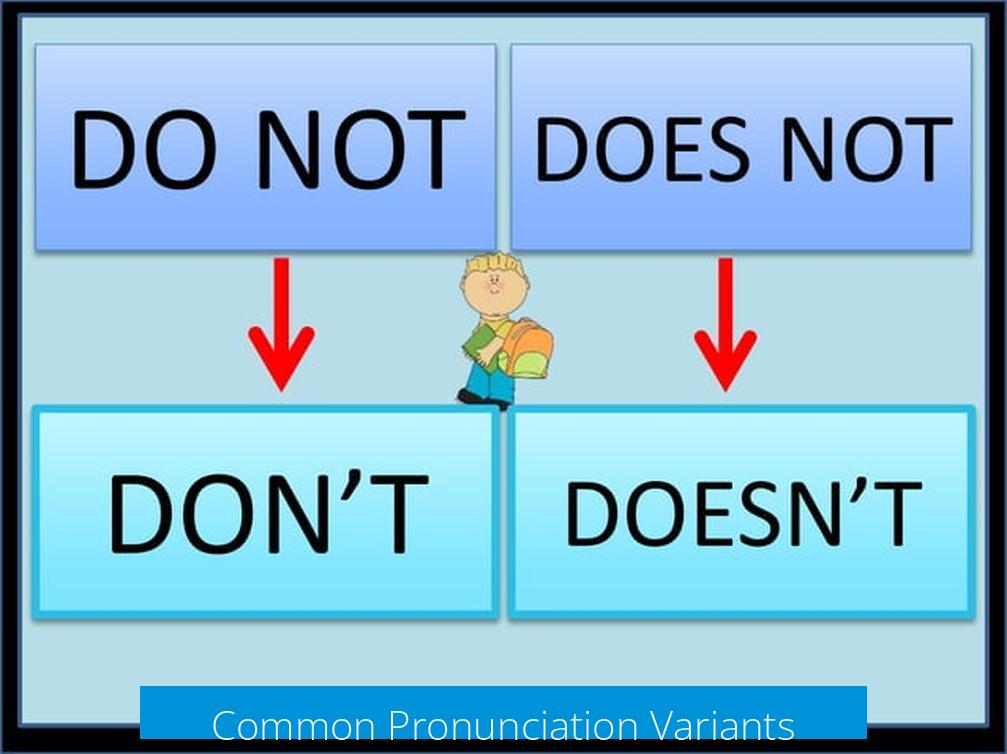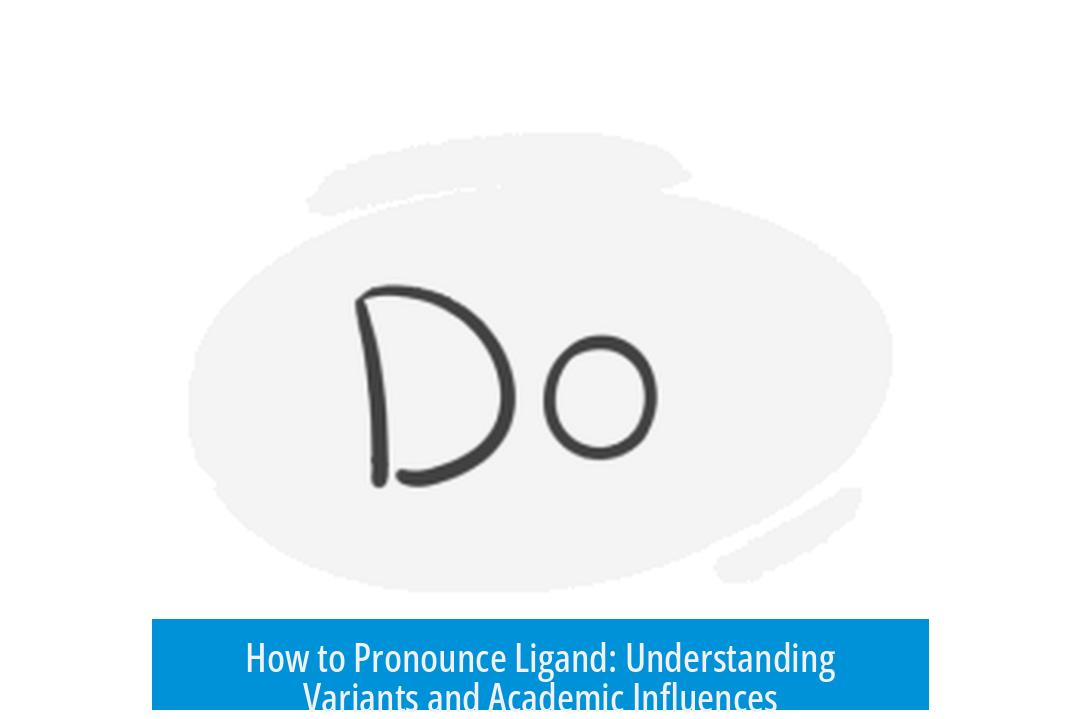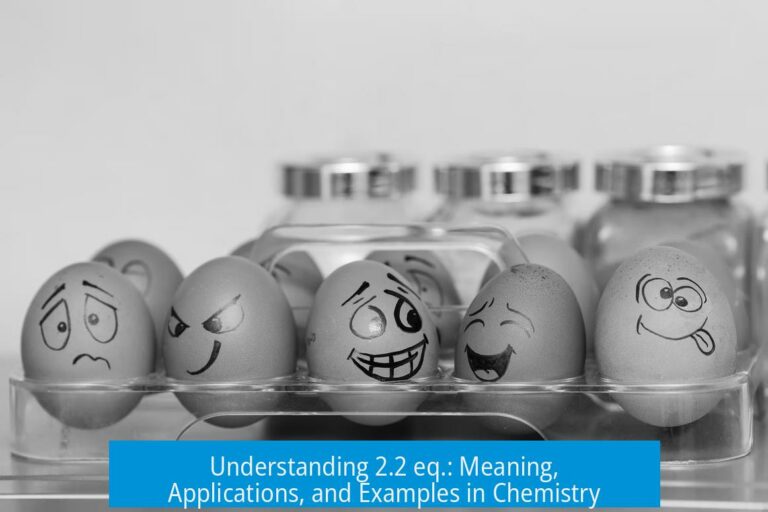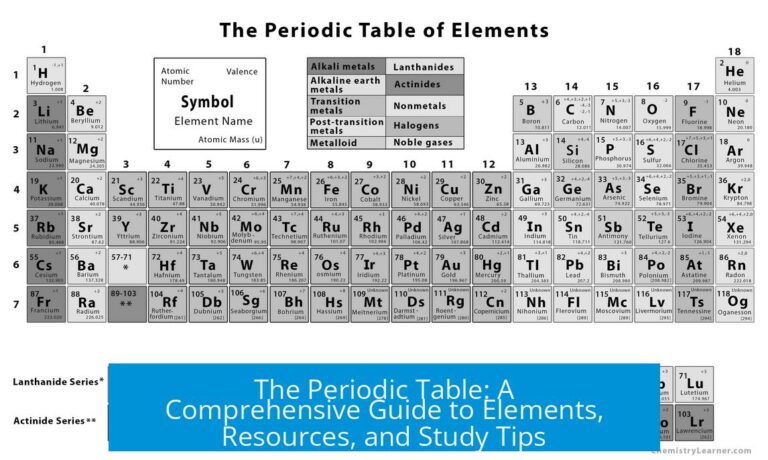How Do You Pronounce Ligand?

The pronunciation of “ligand” varies, with two major forms: lih-gand and lie-gand, both widely accepted depending on region, academic background, and discipline. This variation reflects influences from inorganic and organic chemistry fields, as well as differences between British and American English.
Common Pronunciation Variants

- lih-gand – Popular among some inorganic chemists and used by several academic groups. Example: “Im working in an inorganic group and everybody says lih-gand.”
- lie-gand (or liegand) – Often heard in inorganic chemistry and among American speakers. Some users claim it represents the “correct” form.
- lee-gahn – A less common accented variant, reportedly used by professors with strong non-native accents.
- li-gund and le-gund – Informal or indifferent pronunciations noted among some individuals.
Academic and Regional Influences

Academic lineage heavily influences pronunciation. Students tend to adopt the form used by their mentors, creating clusters of preferred pronunciations in certain research groups.
Organic and inorganic chemists tend to differ: organic chemists lean toward lih-gand, whereas inorganic chemists often say lie-gand.
Biologists also show distinctive pronunciation patterns. In some institutions, biologists favor pronunciations aligned with British English, while chemists adopt American English forms. This mirrors differences seen in words like carbonyl and amide.
Regionally, Americans more commonly use lie-gand, whereas the British influence correlates with slightly different sounds.
Comparisons and Perspectives
- The pronunciation parallels debates on other scientific terms or word pronunciations such as “gif”.
- Some note it sounds similar to the slang term “ligma,” though this is unrelated.
- German speakers benefit from a single accepted pronunciation, simplifying the issue.
Attitudes Toward Pronunciation
Most chemists express indifference about the exact pronunciation. The variety does not cause misunderstanding, and personal or group preference usually guides usage.
Some academics explicitly state they do not care about the pronunciation provided the meaning is clear.
Key Takeaways
- “Ligand” has multiple accepted pronunciations: lih-gand and lie-gand are most common.
- Pronunciation depends on academic discipline and regional dialect.
- Organic and inorganic chemists and biologists may pronounce “ligand” differently.
- Variation is comparable to other scientific term pronunciation debates.
- Individual preference and clarity matter more than strict correctness.
How Do You Pronounce Ligand? Unlocking the Mystery One Syllable at a Time
The pronunciation of “ligand” can vary, but the most common way to say it is lih-gand or lie-gand. Both are widely accepted depending on your academic background, geographic location, or even which group you hang out with in the chemistry world. So, if you’ve ever paused mid-conversation wondering, “Am I butchering this term?”, you’re not alone. Let’s dive into why this word has so many voices and how to navigate this mini linguistic adventure.
First off, what is a ligand? For the uninitiated, a ligand is a molecule or ion that binds to a central metal atom to form a complex. It’s a staple term in chemistry, particularly in inorganic chemistry. But the way people say it? That’s where the fun begins.
Pronunciation Variations: Why “Lih-gand” and “Lie-gand” Both Shine
Around the labs and lecture halls, you might hear “lih-gand” as the go-to pronunciation. Many inorganic chemistry groups, who live and breathe metal complexes, favor this version. It sounds crisp and straightforward — almost like “lig-and” mashed into a fluid term.
On the flipside, some folks, especially those in organic chemistry circles, might say “lie-gand,” stretching the first syllable with a bit more emphasis, like “lie.” It’s subtle but distinctly different. Biology departments often step into the mix, too, sometimes leaning towards what others describe as a ‘British’ flair — think “lee-gahn” with a slight accent twist thrown in.
And yes, there are the rebels who pronounce it “le-gund” or “li-gund,” tossing the script aside because, honestly, they don’t care enough to conform. Can’t blame them; when you’ve been up late mixing chemicals, pronunciation battles are the last you want.
Academic Lineage: Your Pronunciation Is Your Academic Grandparent’s Echo
Ever notice how the way you say “ligand” might be a direct inheritance from your mentor or professor? Like a linguistic family heirloom, the pronunciation often passes down through academic generations. Professors influence their students, who then carry the torch forward.
The fascinating part? This creates pronunciation clusters. For example, a student working under an inorganic chemistry guru saying “lie-gand” will likely adopt that pronunciation, perpetuating its usage within a circle.
Meanwhile, organic chemists, or biological scientists, might champion the “lih-gand” or even “lee-gahn” versions, creating a sort of pronunciation ecosystem. So, your “ligand” is not just a word; it’s a badge of academic heritage.
Regional Spin: The U.S. Versus British Twists
Here’s where geography spices up the pronunciation game.
In the United States, you’re more likely to hear “lie-gand” and “lih-gand” dominating chemistry hallways. It’s natural given the heavy influence of American academic traditions.
Across the pond, in British-influenced environments, the pronunciation might shift more toward “lee-gahn” — probably with a posh twang attached. This mirrors common British pronunciations of similar chemistry terms like “carbonyl” or “amide,” where biologists favor the British renditions and chemists often stick to American-style pronunciation.
Does this mean you should grab a British accent just to say “ligand”? Not unless you’re hosting a tea party with Aristotle’s ghost.
Is There a “Correct” Pronunciation?
This is the million-dollar question. If you asked ten chemists in a room, you’d likely get eight different answers, all perfectly confident.
“The correct pronunciation is LIE-GAND but I say LE-GUND because I don’t really care,” said one unapologetic professor.
So, if you’ve been stressing about mastering the ‘one true’ way to say ligand, relax. It’s a bit like debating the pronunciation of “gif” — some prefer a soft ‘g,’ others a hard ‘g,’ and neither side takes prisoners.
What matters most is clarity in communication. If your colleagues understand you, and the context is clear, you’re golden.
Some Fun Comparisons (Because Why Not?)
| Word | Common Pronunciations | Relevant Notes |
|---|---|---|
| Ligand | lih-gand, lie-gand, lee-gahn | Varies by field, region, and mentor |
| Carbonyl | kar-boh-nil, kar-bon-il | Biologists tend to favor British style, chemists American |
| Amide | am-ide, am-uhd | Similar pattern of pronunciation split |
| Ligma | lig-mah | Sounds kinda like ligand, a helpful mnemonic |
See the pattern? Pronunciation debates in science terms aren’t unique to ligand. They reflect broader nuances in discipline, region, and academic tradition. So, you’re playing a classic game of verbal chess every time you say it.
What About German? Less Drama There
If your scientific journey takes you to Germany, rejoice! There’s only one way to pronounce “ligand”—clean, simple, and consistent.
That’s a relief compared to our English-speaking world, where multiple pronunciations roam free like wild electrons around a nucleus.
Practical Tips for Mastering Your Ligand Pronunciation (or Not!)
- Listen and Adapt: Hear how your classmates, professors, or workplace colleagues say it. Mimic the norm to fit in.
- Don’t Sweat It: If clarity is there, variations won’t trip anyone up.
- Own Your Style: If you like saying “lee-gahn” or “le-gund,” rock it confidently. Science values curiosity over conformity.
- Join the Conversation: Try asking others, “How do *you* say ligand?” It’s an excellent icebreaker and a way to bond over scientific quirks.
Final Thoughts: Ligand, a Word That Unites More Than It Divides
So how do you pronounce “ligand”? It depends, and that’s perfectly fine. Whether it’s “lih-gand,” “lie-gand,” or a quirky “le-gund,” the word serves as a fascinating window into the subtle intersections of language, science, and culture.
So next time you wander into a chemistry discussion, drop “ligand” with confidence—even if your pronunciation sparks a friendly debate. Because, in the end, it’s the passion for science, not the speech, that truly counts.
Now, what’s your lig-and—or should we say, lie-gand—story?
How do most chemists pronounce “ligand” in inorganic vs organic chemistry?
Inorganic chemists often say “lie-gand.” Organic chemists tend to say “lih-gand.” It varies by field and the academic tradition people follow.
Does pronunciation of “ligand” differ between biologists and chemists?
Yes. Biologists usually use a “British” style pronunciation. Chemists often use an “American” style. This reflects differences in their academic and regional backgrounds.
Is there one correct way to pronounce “ligand”?
While “LIE-GAND” is considered correct by many, many say “LEH-GUND” or “LIH-GAND.” Most people are indifferent, pronouncing it the way they prefer.
Are there regional differences in how “ligand” is pronounced?
Yes, U.S. speakers often say “lie-gand,” while British-influenced speakers might say “lih-gand” or variants. Accents and academic lineage influence this.
Is pronunciation of “ligand” similar to any other scientific terms?
Yes. It shares pronunciation patterns with words like “carbonyl” and “amide,” where biologists and chemists may differ based on regional accents and training.





Leave a Comment